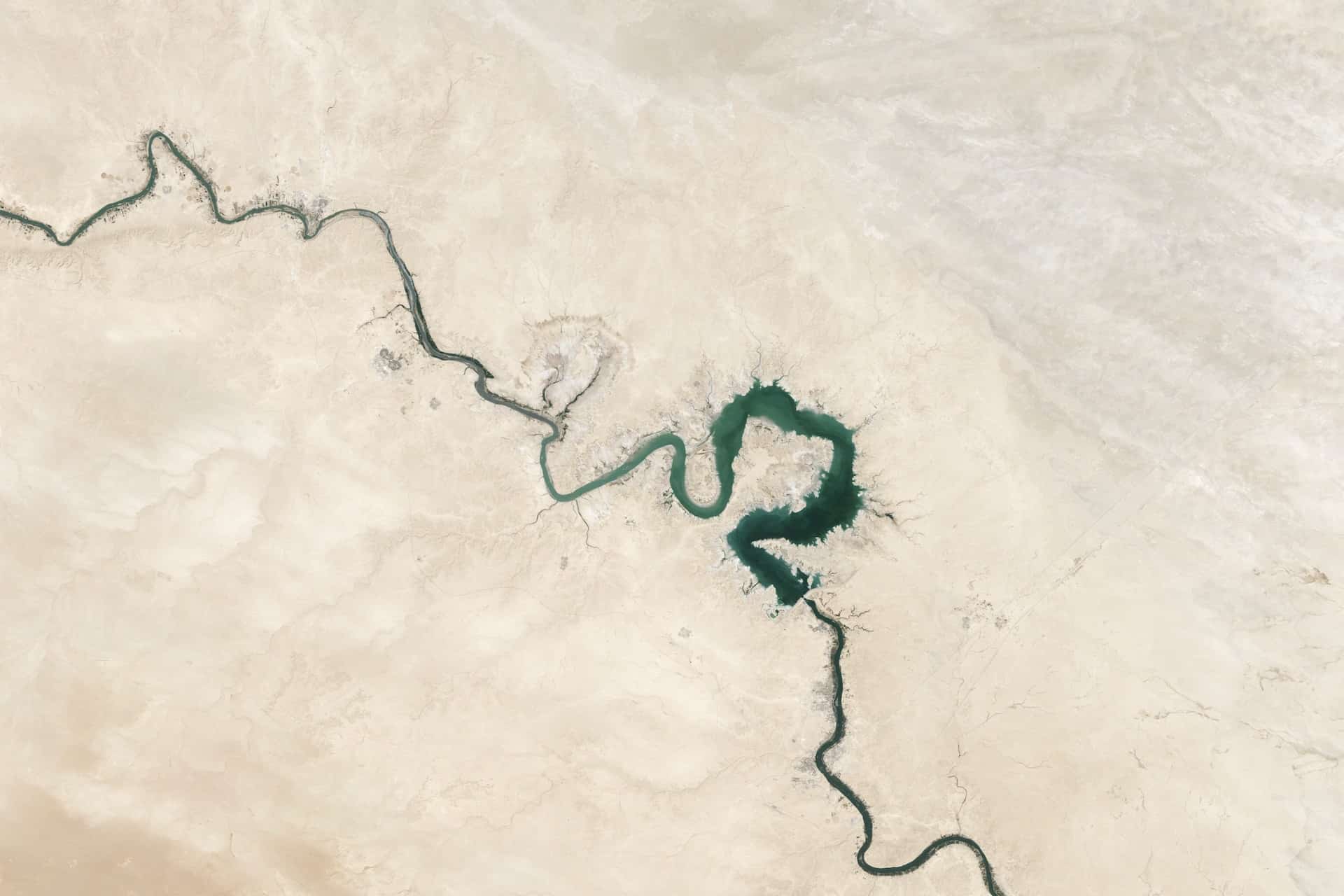Millions of fish have been found dead along the banks of the river in Iraq’s southern province of Maysan, prompting concerns of a serious ecological disaster. The resulting scene is a direct consequence of a significant surge in salinity and pollution, which can be traced back to the region’s chronic shortage of freshwater resources.
According to Ahmed Salih Nima, an environmental activist, the primary reason for the mass death of fish is the dwindling water supply from the Tigris River. The Tigris River has historically fed smaller rivers and canals in various parts of the province, helping to maintain a balanced aquatic ecosystem.
“As water supplies decline, the oxygen levels drop while the salinity rate increases. This shift in balance leads to a rise in pH levels, resulting in the death of millions of fish,” Nima explained. “Regular replenishment of freshwater in these rivers and canals is crucial to prevent temperature increases, oxygen depletion and salinity spikes.”
The Al Mijar Al Kabeer district and surrounding areas, previously brimming with aquatic life and a crucial source of income for locals, now starkly resemble a graveyard. Dead fish now carpet the riverbanks as far as the eye can see. This calamity has had a catastrophic impact on the local fishing community and businesses it supports, with boats now unable to ply the once-bustling waterways.
“Ninety per cent of the local population depend on fishing. With the fish now gone, this has affected everyone from fishermen to associated businesses like ice sellers, boat repairers, truck drivers, and wholesale and retail traders,” Nima noted. Not to forget the cattle breeders who have relied on these rivers for generations, and who now find themselves in dire straits.
Dr Bassim Oraibi, the General Director of Maysan Veterinary Hospital, revealed that the oxygen content in the water has fallen to a mere 25 per cent of the minimum requirement. Pollution levels have soared, with industrial waste, untreated sewage, and agricultural run-off making the water toxic, decimating aquatic life.
While the immediate disaster is severe, it’s the long-term environmental consequences that have scientists and environmentalists worried. The river’s rising salinity levels, exacerbated by drought and overuse of water resources, coupled with uncontrolled pollution, suggest the perfect storm of environmental neglect and climate change.
These findings have led to an urgent call for immediate action. Environmentalists and concerned citizens are urging the government to restore freshwater supplies and implement stringent pollution control measures. More than ever, there’s a pressing need for robust waste management systems and sustainable agricultural practices.
Once known as Mesopotamia or the Land Between the Two Rivers, Iraq finds itself in the grips of an escalating water crisis, worsened by climate change, mismanagement, and pollution. Today, the United Nations classifies it as the fifth most vulnerable country globally to climate change.
With an ongoing water crisis that has been worsening for decades, 39 per cent of the country is affected by desertification, and 54 per cent of its agricultural land has been degraded, primarily due to soil salinity.
The Tigris and Euphrates rivers, Iraq’s main water sources accounting for over 90 per cent of the country’s freshwater reserves, have been on a significant decline. Construction of dams and water diversion upstream in Turkey and Iran has only added to the crisis, leaving downstream nations like Iraq in a tight spot.
Nima warns that the issue could escalate across Maysan province unless immediate and effective measures are implemented. “The environment in Maysan will drastically worsen over the next fortnight, and we’re likely to lose more fish in other areas,” he cautions.
Image Credit: NASA on Unplash



















